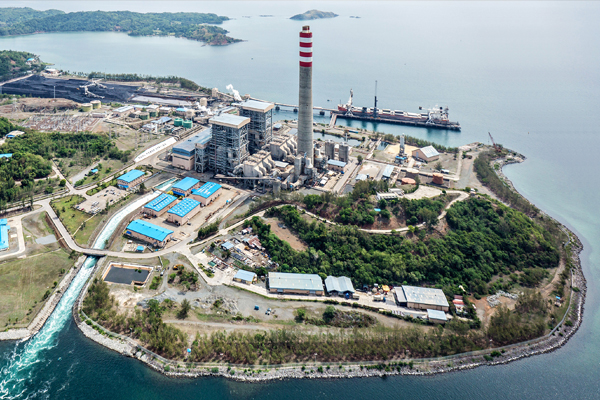SPI assumes control of Sual coal plant following contract expiration
- October 28, 2024
- 0

Sual Power, Inc. (SPI) is officially taking charge of the 1,200-megawatt (MW) Sual Coal-Fired Thermal Power Plant in Pangasinan province following the expiration of the contract between TeaM Energy Corporation and the government.
Business World reported that on October 25, ownership of the power plant changed hands as TeaM Energy handed it over to the government, facilitated by the Power Sector Assets and Liabilities Management Corporation (PSALM) and the National Power Corporation (NAPOCOR).
TeaM Energy officer-in-charge Mitsuhiro Kojima said that there has been careful collaboration with the parties to ensure a smooth transition. Kojima added that the plant was handed over in excellent condition and is prepared to continue supplying electricity to the Luzon grid.
San Miguel Global Power’s (SMGP) subsidiary, SPI, as the independent power producer administrator (IPPA) for the Sual power plant, has assumed full control of the facility following its transfer from PSALM.
SPI holds the contractual rights to manage, control, trade, sell, or otherwise engage with up to 1,000 MW of the plant’s generation capacity, as stated by SMGP.
Following the transfer from TeaM Energy to PSALM, SPI assumed ownership of the plant in line with the IPPA agreement.
The Sual power plant is the largest coal-fired power facility in the Philippines based on installed capacity and has been supplying power to the Luzon grid since 1999 under a 25-year build-operate-transfer agreement that has now concluded.
Formerly known as San Miguel Electric Corporation, SPI entered into an agreement with PSALM in 2009 that granted it the role of administrator for the Sual Power Plant.
The Sual plant was constructed in the 1990s to meet the rising power demands during an energy crisis, with construction beginning in 1996 and operations starting three years later.
TeaM Energy, a major independent power producer in the country, is a collaboration between Japanese companies Tokyo Electric Power Co. and Marubeni Corporation. The company will continue to operate the 735-MW Pagbilao Power Station in Quezon province and holds a 50% stake in the 420-MW Pagbilao Unit 3 power project.